
National Library committee seeks funds to kick-start renovation
The reconstruction committee for the Somali National Library is calling on Somali people around the world to help cover the funding gap the $1 million project is facing.
The initiative to re-build the library was launched last month by the Heritage Institute for Policy Studies, and once the funds are raised, the project is expected to take six months to complete.
According to committee officials, about half of the funds have been raised so far.
Officials from the Somali Chamber of Commerce who are part of the nine-member committee are engaged in efforts to raise the rest of the money needed to reconstruct the heavily damaged building.
"We will begin renovating the National Library soon," said Education Director Mohamed Abdulkadir Nur, a member of the reconstruction committee.
"We have most of the money and it is coming from the Heritage Institute. The rest of the money is expected to come from the Somali public and the government," he told Sabahi. "There are other places we are waiting to get funds from, but we still do not have the full amount to build the National Library even though we are working really hard."
Nur said the timeframe for raising all the necessary funds depends on how quickly the people invited to take part in this initiative -- including business owners, the government and anyone else who wants to contribute -- take responsibility for rebuilding the library.
"We will hold fundraising events so that everyone can contribute to the revival of the National Library," he said, adding that the funding committee for the National Library reconstruction project has accounts at Dahabshiil that anyone can contribute to.
Nur also said the funds collected to rebuild the library would not be used for any other purpose and the people responsible for collecting the funds include religious clerics and well-known business people who have a clean record.
Filling the library's bookshelves
The National Library is a three-storey building that was built in 1986. It has been a shelter for internally displaced people in recent years, and its opening is part of the revival of important locations in Mogadishu that were impacted by the collapse of the Somali government two decades ago.
Once it is re-opened, the library will house books in Somali, Arabic, English and Italian.
National Library Project Director Zainab Hassan said the public and many students have a great need for the library.
To help fill the library's shelves, US Representative Keith Ellison, who represents a congressional district in Minneapolis with a significant population of Somalis, shipped 22,000 books to Mogadishu last June.
Hassan said they hope to receive more books for donors after the library is opened.
"In the future, we hope to reach a time when the library is able to provide additional services such as a mobile library, a centre for information and storage, a digital library and a literary archive," she told Sabahi.
Abdullahi Ahmed, a 23-year-old University of Somalia student, said re-opening the National Library would be a great opportunity for thousands of students like him who do not have access to a library.
"Other students and I who study at the schools and universities of Mogadishu do not have a place where we can find the books we need," he said. "Rebuilding the National Library will support our education."
Yaqub Abdirahman, a 50-year-old Mogadishu resident, remembers visiting the library before it was destroyed.
"This library used to be a place where a lot of knowledge was housed and was taken advantage of before the collapse of the military government," he told Sabahi. "Re-opening it after 22 years is a victory for the academic community of Somalia and the Somali public in general.





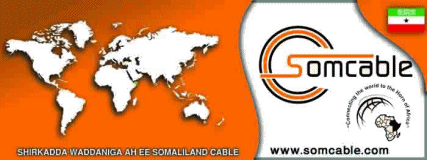
 0
0 
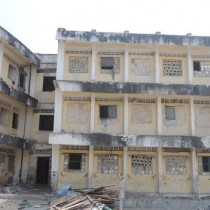








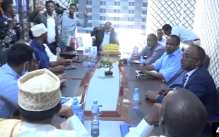
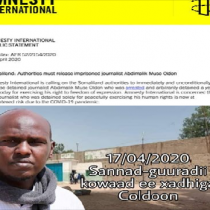
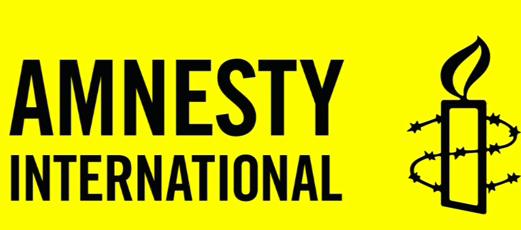
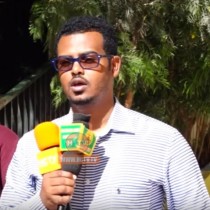
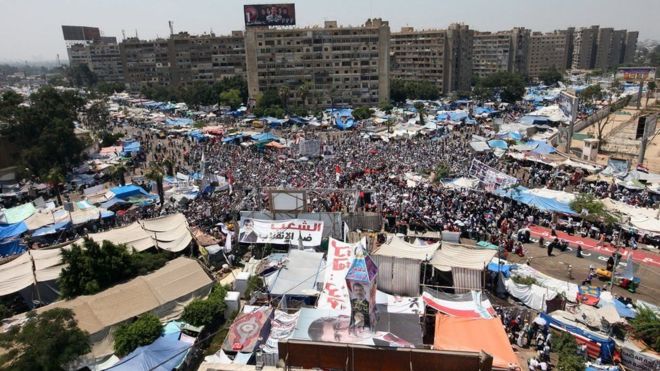

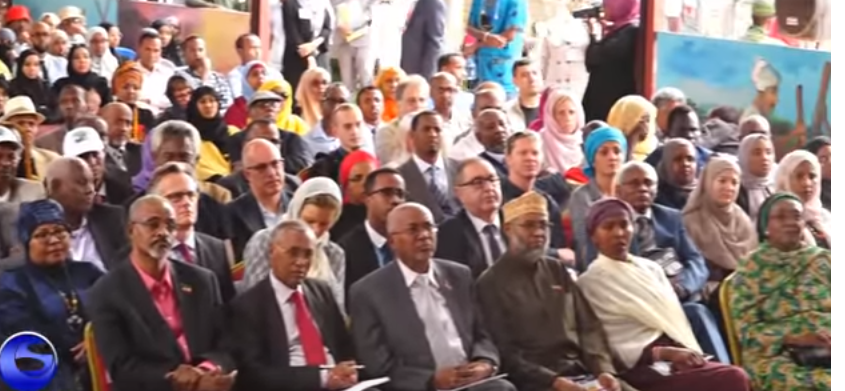

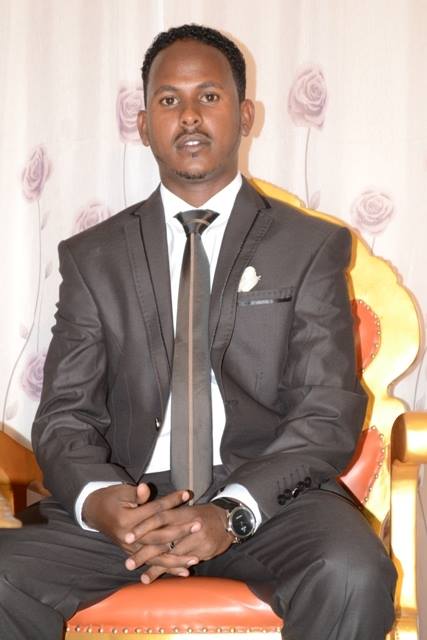
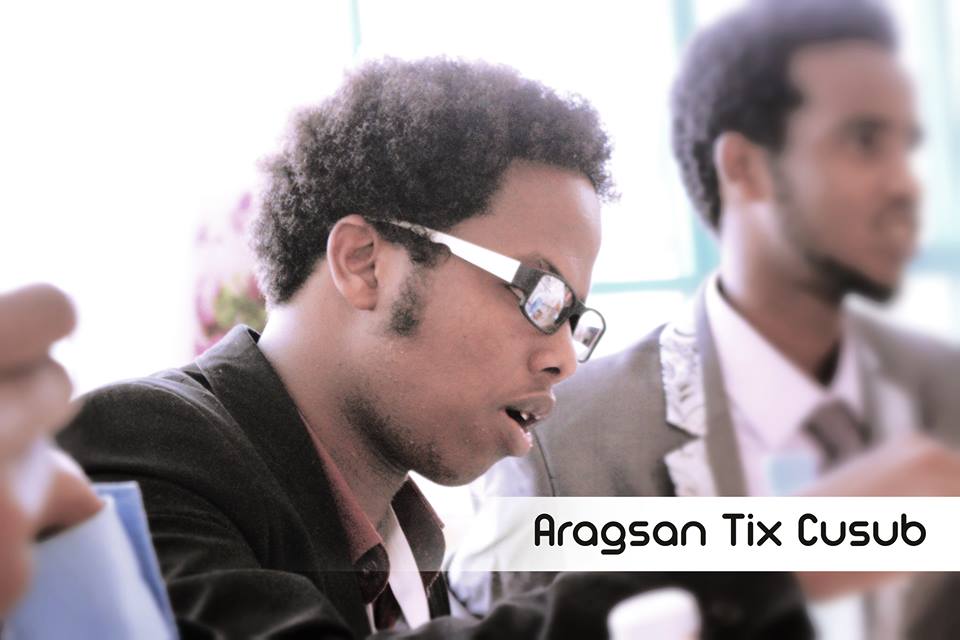



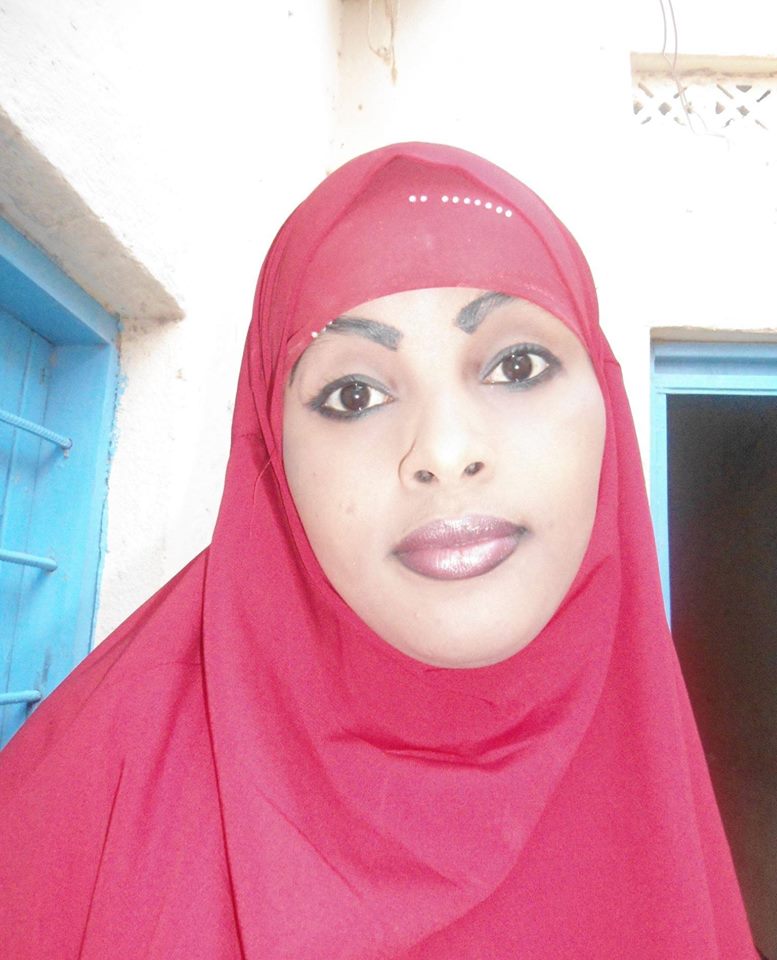


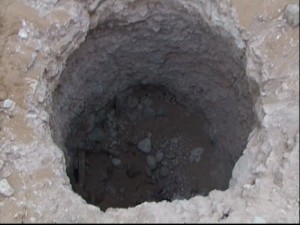

National Library committee seeks funds to kick-start renovation
The reconstruction committee for the Somali National Library is calling on Somali people around the world to help cover the funding gap the $1 million project is facing.